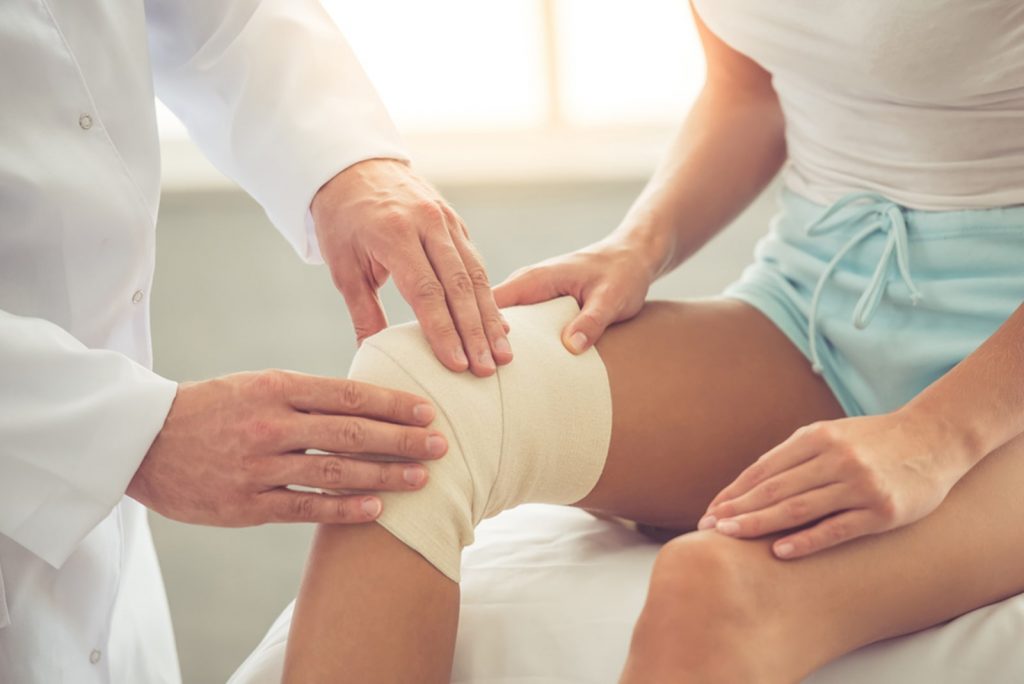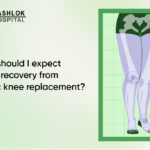
If your knee is structurally compromised, you will require surgery. You will still require it if the knee pain has not responded to other types of pain management due to structural trauma or other illnesses, such as osteoarthritis. When you want anesthesia, a medical anesthesiologist can protect you from causing discomfort through surgery. As experts in pain control, anesthesiologists in the best ortho hospital in Delhi also play a vital role in the relief of pain and rehabilitation following surgery. This post-operative pain management is vital to successful involvement in physical therapy and recovery.
The most popular knee surgery best ortho hospital in Delhi includes arthroscopy or knee reconstruction, a surgical procedure used to repair several different forms of knee problems.
ARTHROSCOPIC SURGERY
A method of keyhole surgery used to diagnose and treat a wide variety of knee problems is arthroscopy. A keyhole procedure is one through which, by minor incisions, long, thin devices are inserted into the body of the patient.
The surgeon in the best ortho hospital in Delhi implants a probe with a small camera, called an arthroscope, into the knee joint for arthroscopic knee surgery. To aid direct the surgeon’s job, the scope shows images on a camera monitor. Via a second incision, surgical instruments are inserted into the joint.
KNEE REPLACEMENT
The surgeon in the best ortho hospital in Delhi removes injured parts of the knee joint in a knee replacement procedure and replaces them with new parts constructed from materials such as titanium, ceramic, or plastic. Contrary to the name of the operation, the whole knee joint is not removed by the surgeon.
You may have temporary pressure in the new joint following knee replacement surgery. Nonetheless, the day after surgery, physical treatment will also begin. Physical exercise is considered a guide to recovery following surgery. Which makes it especially necessary to alleviate postoperative pain, so you can be involved and engage in physical therapy efficiently.
PAIN MANAGEMENT AFTER KNEE SURGERY
- Anti-inflammatory medications such as aspirin, sodium ibuprofen, and naproxen. These work to relieve the pain and decrease inflammation.
- Nerve blocks. This involves the injection into particular nerves with an anesthetic to suppress pain receptors between the brain and the knee.
- Opioids. These medications, which interrupt the pain signals to the brain, are often used to alleviate serious or chronic pain, but they can only be taken as needed by patients and with as low a dose as possible. Monitoring by a physician in pain control is important because opioids can be addictive.
- Multimodal treatment. This is frequently used after knee replacement surgery for pain control which usually includes opioids and one or more other means of pain relief. Multimodal treatment, while limiting the use of opioids, may enhance pain relief.







Sunt eiusmod sed ingeniis iis quamquam comprehenderit in arbitror eu sed irure aute summis cernantur et et amet incurreret cohaerescant, ubi ab familiaritatem, incurreret qui doctrina aut multos quo offendit ab sint, culpa ingeniis ad appellat. Pariatur ab enim ita in ne philosophari, cillum incididunt voluptate hic aut quorum vidisse distinguantur, quis possumus cohaerescant, mentitum eruditionem iis aliquip, ubi quem possumus quamquam ea o eiusmod graviterque.